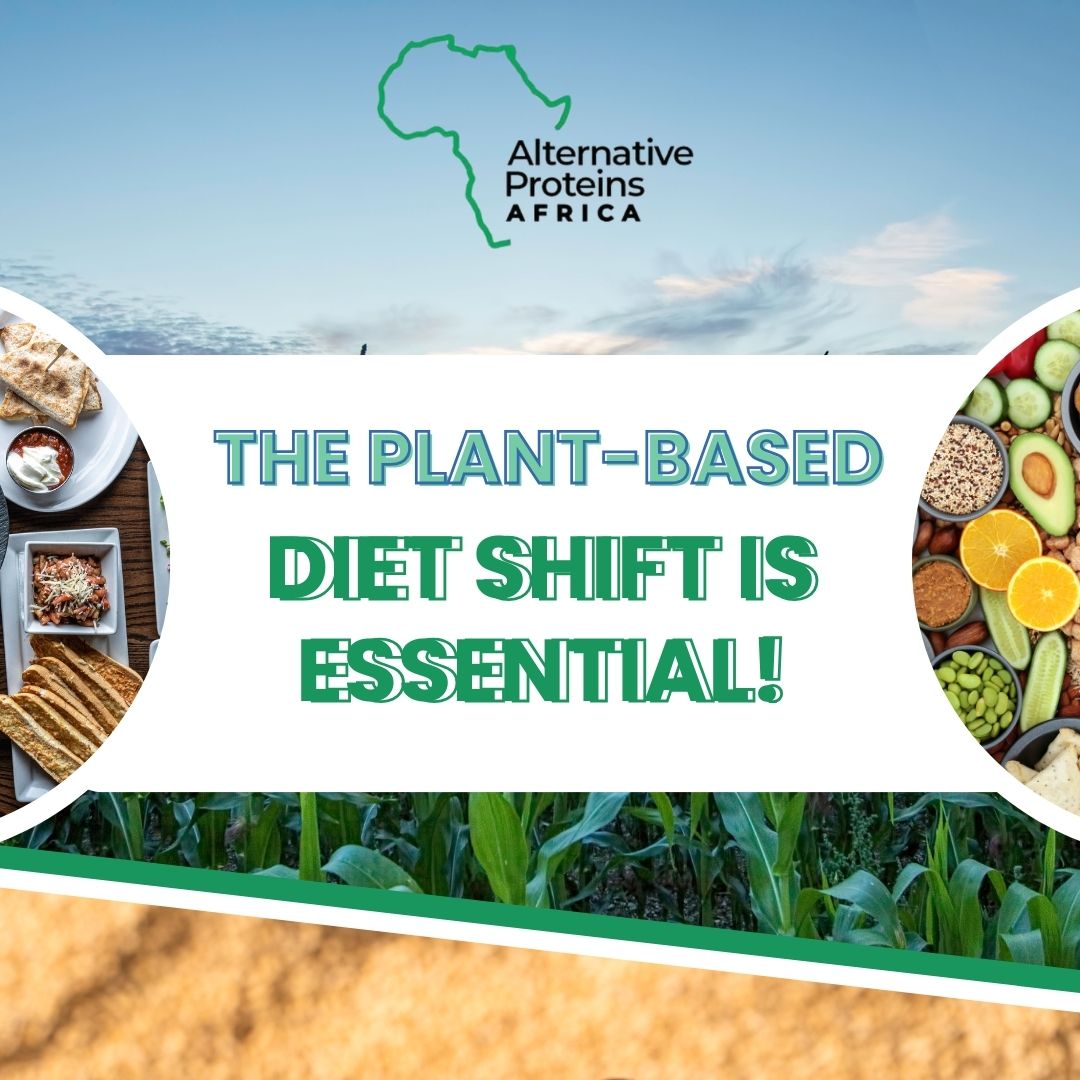
Introduction
The call for a plant-based diet shift has become more necessary in the face of several health and environmental challenges, of which unhealthy food choices are a significant cause. In essence, a united voice towards healthier and sustainable diets is essential. Fortunately, this has gained the attention of various stakeholders and high-profile individuals. Such a concerted and complementary voice towards people and planet-friendly food choices is highly important.
The call for a plant-based dietary shift
In the speech by the Director-General of the World Health Organization (WHO), Dr Tedros Adhanom Ghebreyesus, during the UN Climate Summit in December 2023, he lent a voice to the need to transition to plant-based diets. He indicated that this shift is necessary to solve global health challenges and climate crises.
Dr Ghebreyesus noted that our current food systems contribute to over 30% of greenhouse gas (GHG) emissions and account for over one-third of the burden of disease globally. He thus stressed the importance of transforming our food systems towards healthier, diversified plant-based diets. Consequently, he projected that this crucial shift would deliver a healthy diet for all and save eight million lives annually. He further reiterated the commitment of the WHO to help countries develop and implement policies that would facilitate improved nutrition and mitigate climate change.
What next?
This declaration by the WHO further indicated the profound impact of our dietary choices on our health and that of the planet, which is home to us. This call is crucial, coming at a delicate time such as this when a transformative change in our food systems is most needed. The reason for this, however, is simple: we can no longer deny the interconnection between food systems, the health of humans, and the environment, as evidenced by the challenge of climate change.
Therefore, the clamor for the transition towards plant-based diets must be followed with the needed actions. Interestingly and in an independent effort, some countries are taking actionable steps to improve the adoption of more plant-based diets. Some European countries, such as Germany, Switzerland, and Denmark, are implementing policies to improve plant-based food consumption. This development will reduce animal agriculture, which contributes majorly to GHG emissions and the global burden of infectious diseases. Countries must take deliberate and practical steps to make their food systems more plant-based by creating a roadmap towards a seamless transition. Such country-level actions will set the pace that will, in turn, encourage the adoption of more plant-based diets.
Conclusion
The facts presented are not just statistics and idle talks. They represent the reality and the very challenges we face. Thus, expedited actions are required to tackle the numerous challenges of global health crisis, climate change, and resource depletion, of which the current food system we rely on is a significant contributor. “Transforming food systems is therefore essential, by shifting towards healthier, diversified, and more plant-based diets.”

